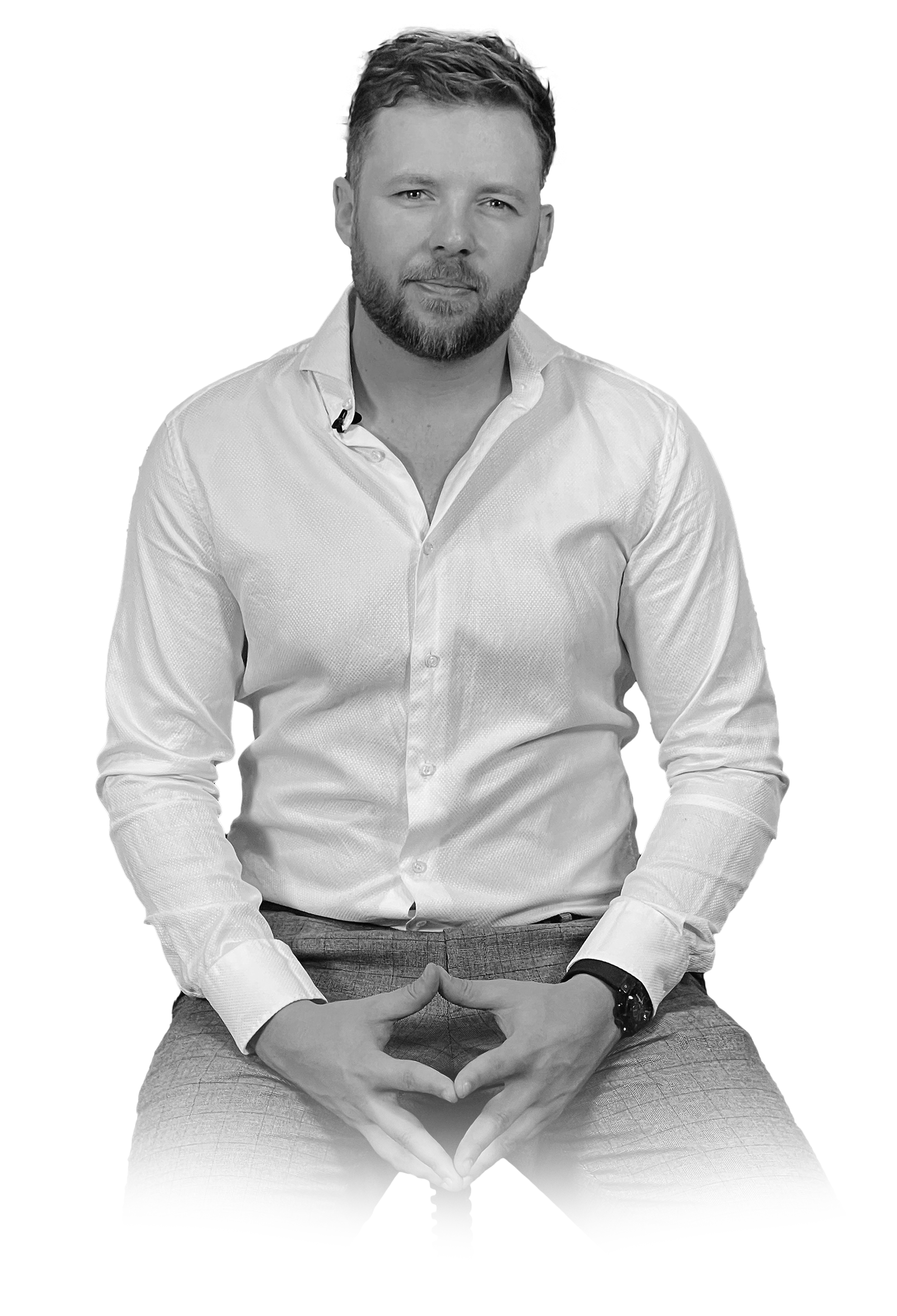Meet Joel Williams
Beginning Young
I’ve always loved sport – playing it, watching it, thinking about it. From a young age, I naturally gravitated toward the strategic side of games. By 16, that instinct had me exploring sports betting, where I could combine my passion for sport with an analytical mindset.
I was always drawn to maths in a practical sense – especially when it involved games of chance or probability. Anyone who went to school with me will remember in the schoolyard, I was betting on just about anything: two-up games (flipping coins), calculator-simulated baccarat, professional sports matches or even providing odds on schoolyard sports matches.
After finishing school, I played poker semi-professionally, but it was in sports betting – and finding my edge in markets, where I saw the most scalable opportunity to build on those early foundations.
As I moved through my twenties, it became clear that refining my betting methods could generate returns far beyond any traditional path. I dropped out of university and committed fully to specialising in the sports I knew best. I leaned on situational and qualitative expertise and developed an invaluable skill set: recognising the context of stats, data and situations, leading to value identification, and assigning probability to outcomes.
Betting To Win
There’s a lot more to betting than society realises – and the reality is, it’s very hard to win sustainably. I’ve spent my life learning what it takes to consistently find an edge, and it’s not a part-time endeavour.
To win, you need to understand sport at an advanced level – not just players and teams, but how games unfold, how context shapes performance, and how markets respond to it all. Then you need to pair that with deep knowledge of odds, probability, and market efficiency. That’s how you beat traders. That’s how you beat bookmakers.
One of the edges I’ve developed over time is understanding how athletes and coaches think – how they adapt under pressure, how they match up, and how subtle shifts in psychology or strategy can influence outcomes. These are the things data alone can’t always show – but they matter. I believe a qualitative edge will be essential to outperform markets in the future, as quantitative modelling becomes increasingly competitive.
For a long time, my biggest challenge wasn’t finding value – it was getting on. I was restricted by every major corporate bookmaker in Australia at a young age. Not for breaking any rules, but because my bets were unprofitable for their organisations. That experience was part of what led me to launch our tipping service in 2019 – to help others achieve what I had done.
Today, with more ways to bet than ever before, I made the decision to return to a private model – closing the public tipping service at the end of 2024 to focus fully on internal trading and new business ventures.
Perceptions: Gambling vs Investing
Sports betting is often dismissed as just gambling, while similar risk-based strategies in other industries are labelled investment. I’ve always challenged that distinction – shaped by my experience in both professional sports betting and in working alongside people in markets like equities and currency.
We analyse sports leagues, teams, and players the same way a skilled stockbroker evaluates companies. In fact, this game moves faster and demands even greater adaptability to stay ahead. The issue is that betting is marketed as entertainment – made easily accessible, and ultimately designed to extract from those engaging without real process or insight.
Yet many of those same people will call what they’re doing in the stock market investing, when in reality, it’s no more informed than the bet they placed the night before.
Sports betting isn’t gambling when it’s underpinned by data, discipline, and edge. It’s a calculated form of investment – and some of the most professional, diligent minds I’ve encountered work within this space, not outside it.
To me, the difference between gambling and investing isn’t defined by the industry – it’s defined by the process behind the activity.
My Path
I didn’t follow a traditional path – and I never wanted to. For me, betting has always been about thinking differently, applying pressure to my own ideas, and finding a way to win.
At its core, betting is decision-making under uncertainty. We all make bets every day – weighing upside against downside and making a call. The skills I’ve developed through betting have made me a sharper thinker and a more measured decision-maker in every part of my life.
My passions extend beyond betting. I’ve always immersed myself in business, and I’m creative by nature – constantly drawn to solving problems and building new ideas. I’m also deeply passionate about health and wellness, and stay active in my spare time. Most importantly, I have a young family who sit at the centre of everything I do.
I continue to invest my energy into projects that reflect these values – and I’m always open to the right kind of collaboration when there’s alignment in vision and mindset.


